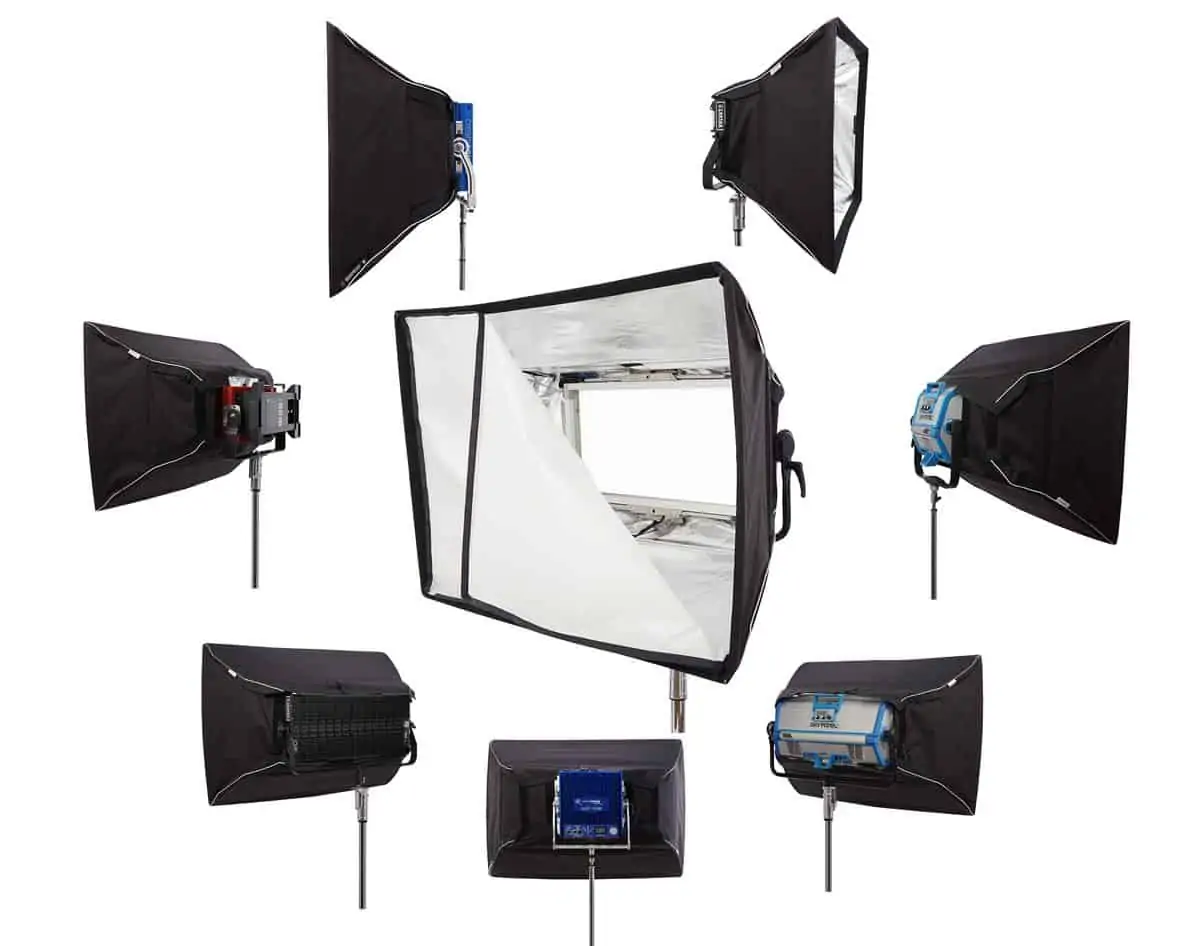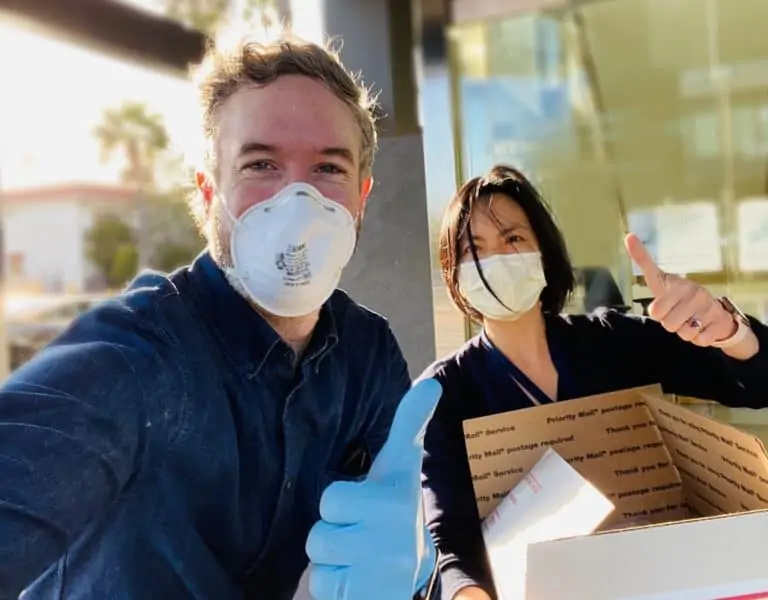Medium Cool
Across The Pond / Mark London Williams
Ironically, as far as narrative features speaking to the present moment, it may be one of the few written and directed by this particular cinematographer, that reflects the whole tension of watching a thing unfold, versus being a part of it. I refer, of course, to Medium Cool, by the late, legendary, Haskell Wexler.
If you haven't seen the film, at all, or in a while (which you probably haven't, if you don't own the Criterion disc, since it's not currently streaming anywhere-- can somebody fix that, please?), it's the story that the multiple-Oscar winning DP wound up shooting in his native Chicago, about a news cameraman, played by the also late and legendary Robert Forster, who winds up losing his own "cool," as it were, or at least his critical distance, as he gets caught up in not only filming events, but becoming involved in them, in the riots around the 1968 Chicago convention.

In the days before this column, your correspondent wrote another column, back when things were printed on paper, which often covered the politics of Tinsel Town, This sometimes occasioned a visit to Haskell's office in the Valley Village area of L.A., where we'd catch up on his views about the issues of the day, around the time he was putting out the documentary Who Needs Sleep?, about the often brutal, sleep-depriving work hours of many film productions, some of which had then recently resulted in fatal accidents.
It was around then that your correspondent finally watched Medium Cool for the first time, little realizing that we'd all be living though it -- trying to discern the lines between fact and fiction, chaos and concern -- soon enough.
If you can somehow come up with a file or a print of it, put it on your lockdown viewing list (an admittedly ironic request, given its subject matter). Meanwhile, we are left to wonder what the unhesitatingly outspoken Wexler would make of the present moment.
He probably would not term much of it as Some Good News, in contrast to actor/director John Krasinski's formerly free web series which was recently sold to CBS.
This is no slam of Krasinski, who clearly filled a need for people to hear something good about the world in this present "age of endarkenment" (a phrase from the writer Michael Ventura), but the "lens" Wexler used to view the world was a different one.
And, while Krasinski had to withstand a bit of criticism on social media for selling a show that was free, and is now bound, initially, for CBS' All Access pay service, SGN was not something he'd intended -- or was able -- to do forever (and he has since responded that CBS does plan to allow for "access" to some components of the program).
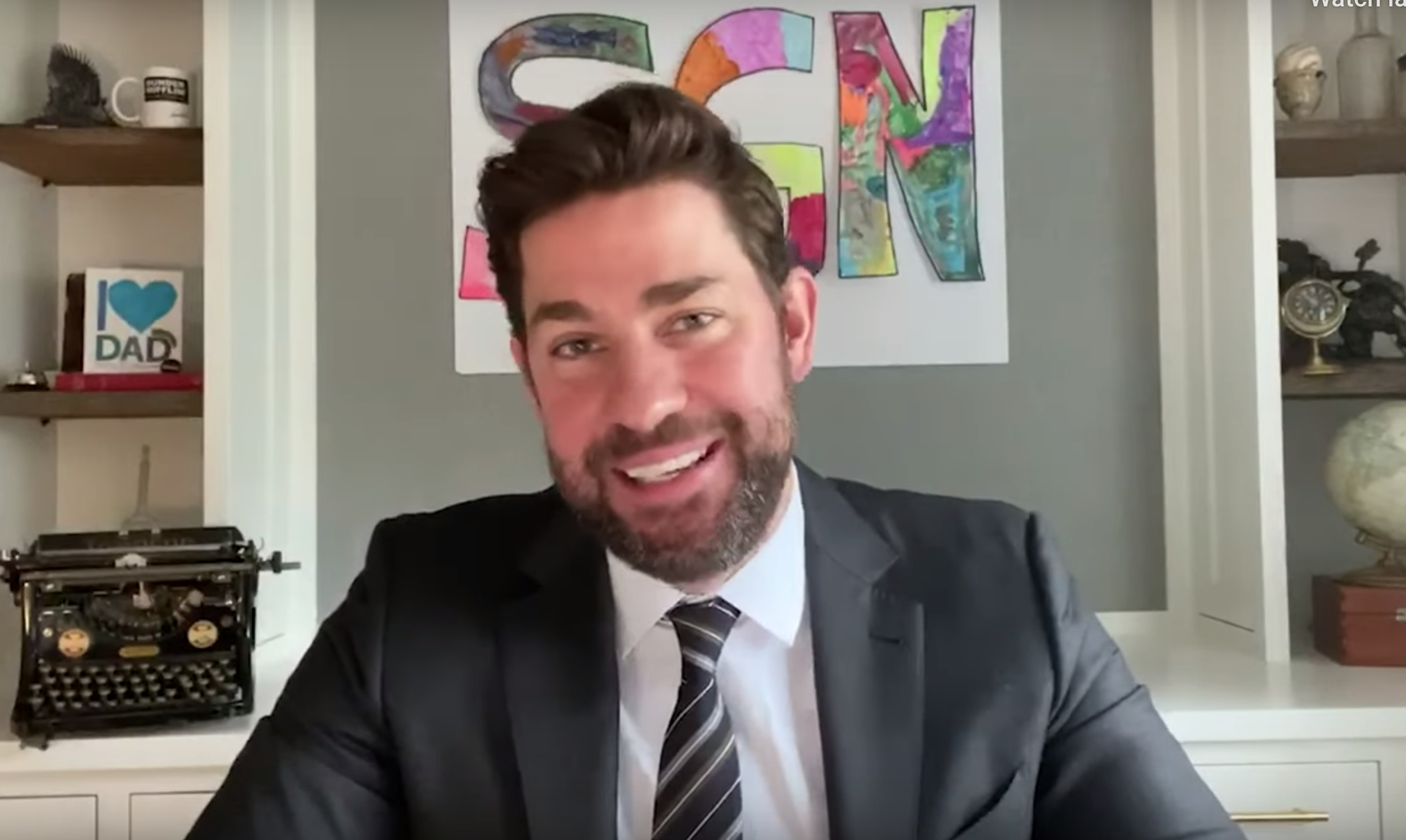
But production entailed more than just the former Office co-star sitting at home turning on his webcam. The show faced some of the challenges of what workflow has become in lockdown. We caught up with Josh Senior, founder and CEO of Senior Post in Brooklyn, who worked on Some Good News, to ask him how posting works in quarantine, when, perhaps, DPs might have even less say in how images are later fixed.
"The biggest change is physicality," Senior said. "Prior to the pandemic we regularly worked in a partially remote capacity, however in the current moment, we find ourselves almost entirely outside of the facility. Having said that, the internet is a wonderful thing, and being able to leverage our servers has been a godsend."
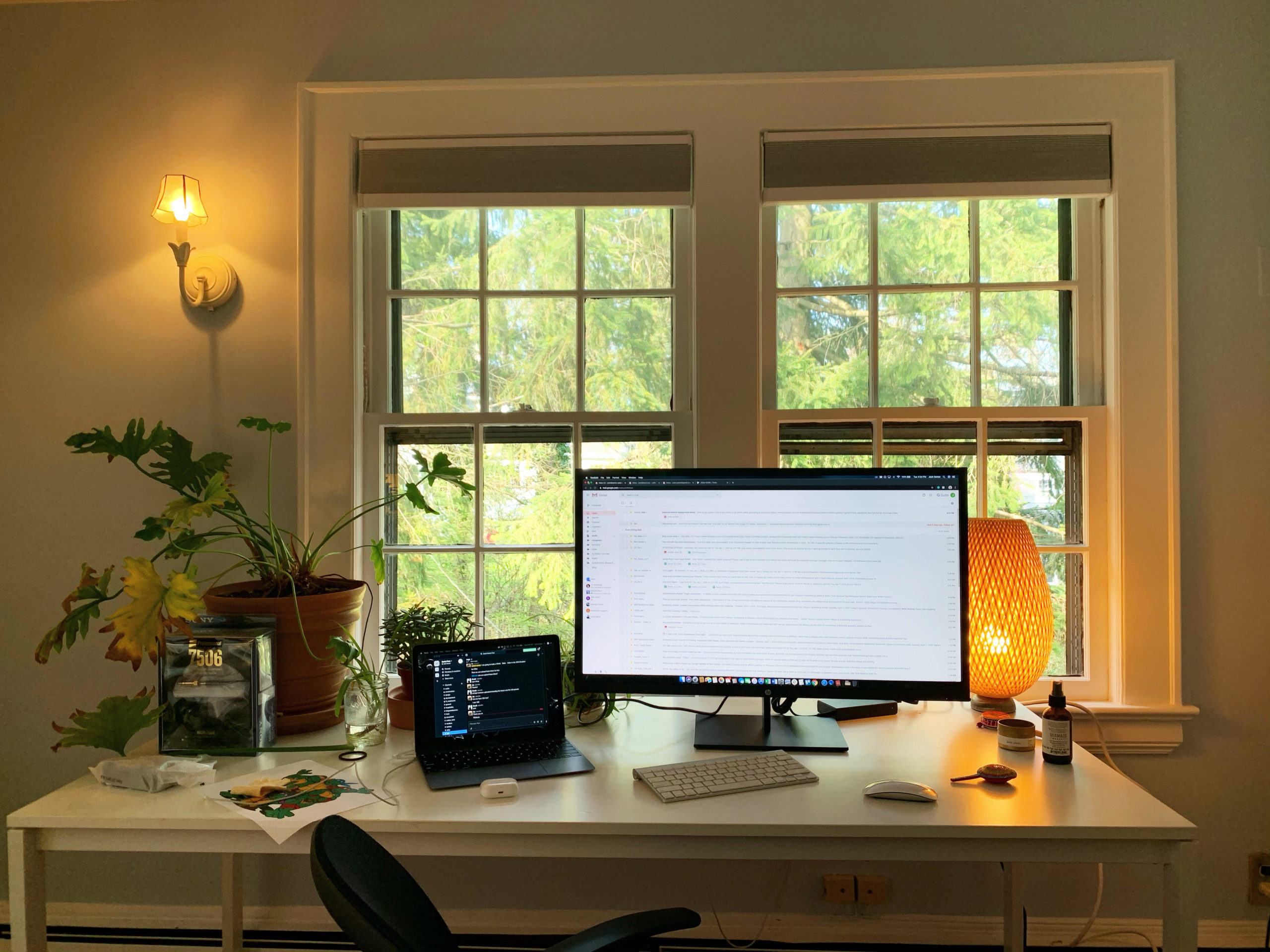
But in our hi-res, 4k, HDR age, how is he able to work with images, and make them "broadcast" quality, if so many of those images are originating from… homes? (On the assumption not everyone has an ALEXA Mini LF sitting around the house -- and did we mention that Arri has started live stream presentations about aspects of their history, production design, and more? We digress, but we'll digress back in a moment).
"We are creating content that fits the moment and the mood of the story," Senior says, "we take the best quality version of what we can as an input and… the most suitable look for the story as the output." For this series, he's doing that on an Adobe Premiere Pro, but we also wondered if DPs, regardless of what they're shooting on from quarantine, are able to have any input? He allows that in present circumstances, "the ability to creatively light is now more important than ever. Focusing on creating a setting and a mood visually is such an important job of enhancing a story, being able to have those conversations on a video chat are a little bit protracted, but the outcome is still the same. This role is just as vital as it ever has been in my opinion."
Something echoed by director Lesli Linka Glatter, who was also one of the producers of Homeland, and directed its finale. She thought she'd be in Budapest by now, working on her next series, The Banker's Wife, about the machinations and skullduggery (both digital and real) of international finance, money laundering, etc. Having had to unpack her bags, she now stays in touch with Cinematographer John Conroy (a recent ASC award winner for his work on The Terror).
"Even though we're shut down, I have a weekly conversation with him," she says. They look at films together, exchange photographs, and work toward coming up with "a visual style with the story we are telling."
Of DPs in general, she says, "this is your key collaborator."
Other DPs would tend to agree. You may recall we talked to Paul Cameron, ASC, last column, about his move to the director's chair for an episode of Westworld. He kept singing the praises of John Grillo, his cinematographer for that fourth installment, The Mother of Exiles, with international locales spliced together to make a near future version of the City of Angels.
We caught up with Grillo too, talking to him from his Seattle home, not only about Westworld, but the other apocalypse of his that's currently streaming, TNT's adaptation of Snowpiercer, the graphic novel later turned into a film by Academy Award-winning director Bong Joon Ho (who is also one of the producers).
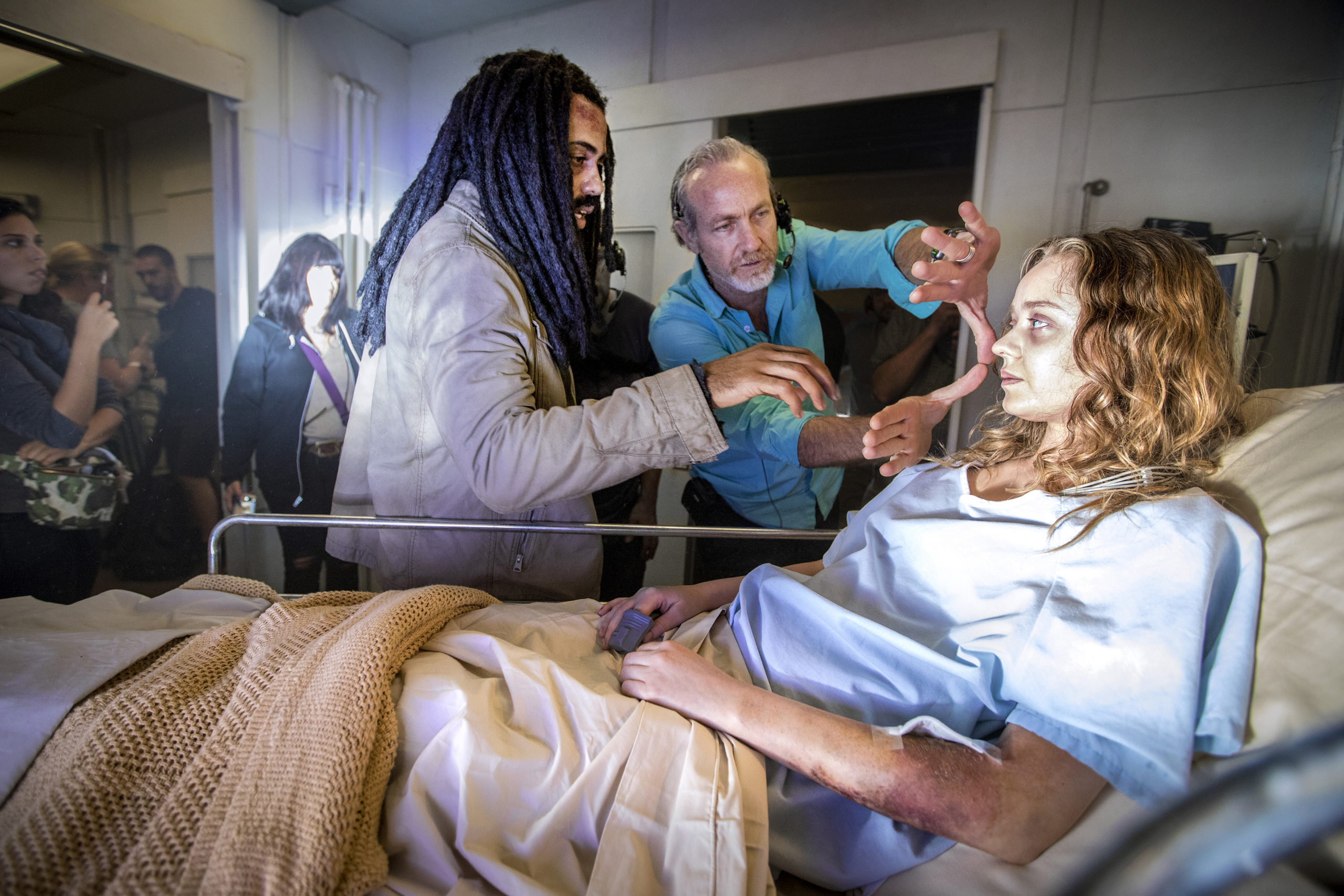
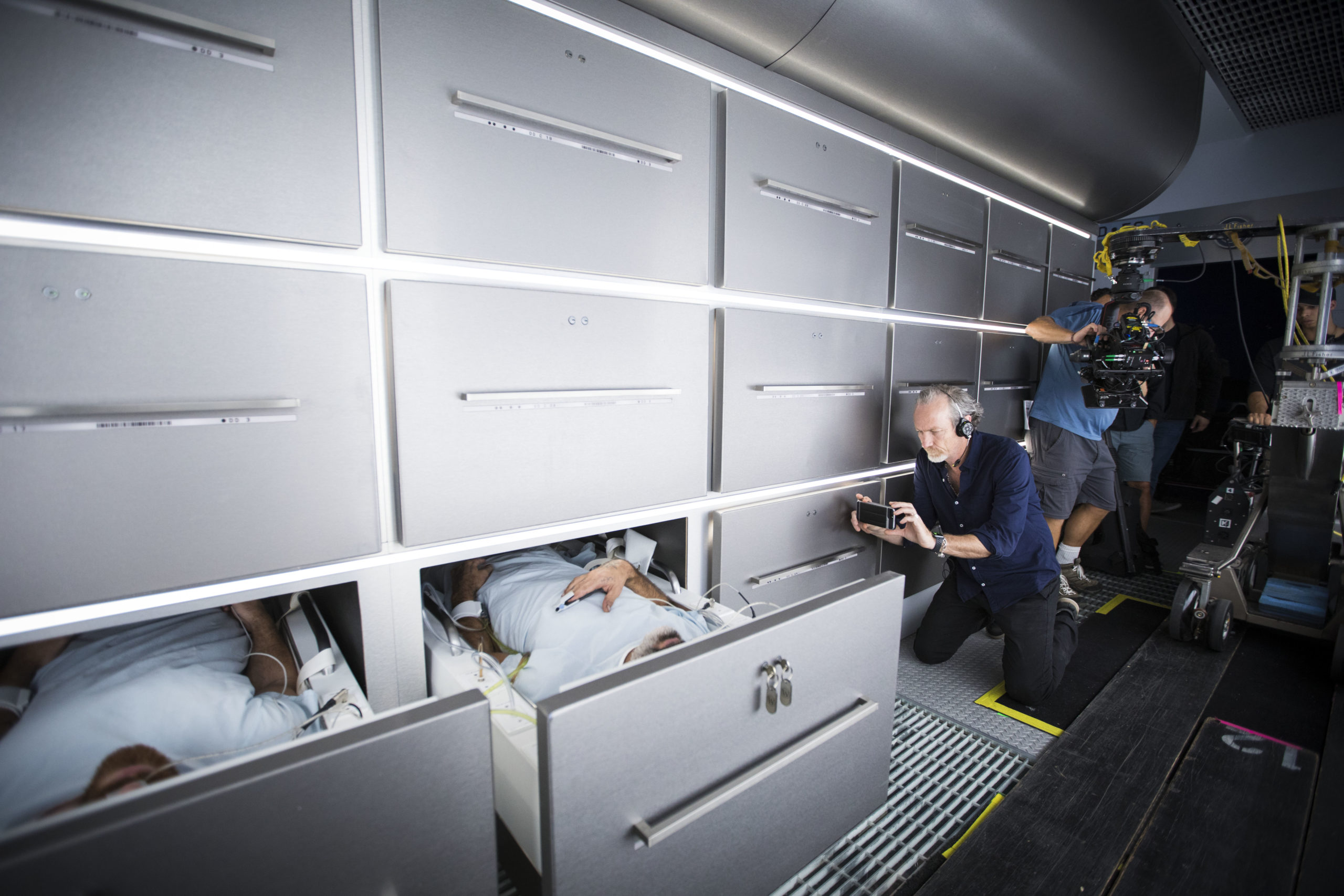
The show's premise is that an experimental attempt to reign in climate change spectacularly backfires, leaving the only surviving humans on a moveable "ark" -- a train 1001 cars long. Alas, not only does the weather outside appear relentlessly inescapable, but so too do the class divisions that were brought along with well-fed 1%ers living near the front, and perpetually malnourished and over-policed "tailies" in the rear.
What's airing now is a first season completed about a year ago, shot on a RED Epic Dragon, but Grillo discovered the Sony VENICE he now uses when Cameron brought it in for Westworld, while also finding that Snowpiercer's VFX supervisor wanted the Sony for a smoother workflow in post.
The irony of discovering the latter camera on Westworld is that Cameron wanted to keep it a "filmed" show, the way he shot the pilot, so the camera was used sparingly, mostly to emphasize exterior cityscapes at night.
Grillo's first DP credits were at the "frontier" of the current digital age, shooting episodes of Michael Mann's HBO series Luck on one of the earliest ALEXAs, so he's surprised to find himself still working with celluloid. "I grew up loading mags, shooting film, and I thought sadly, that's not going to happen again. And then Westworld came up!"
And so he'll return for the series' fourth season -- whenever that will be -- to continue capturing the saga of digital people, with analog means.
As for ALEXA history -- we told you we'd digress back -- the folks at ARRI are now more frequently sharing it in their "Tech Talk Live" series, which is held once in German, and then again in English, live from Munich (at a time corresponding to evening on the continent, and mid-morning here in Hollywood).
If you've missed them, don't worry -- they're all on ARRI's YouTube channel. And if you like to geek out on cinematography and gear (and, even from a professional standpoint, isn't that we're all here, really?), they're worth your time.
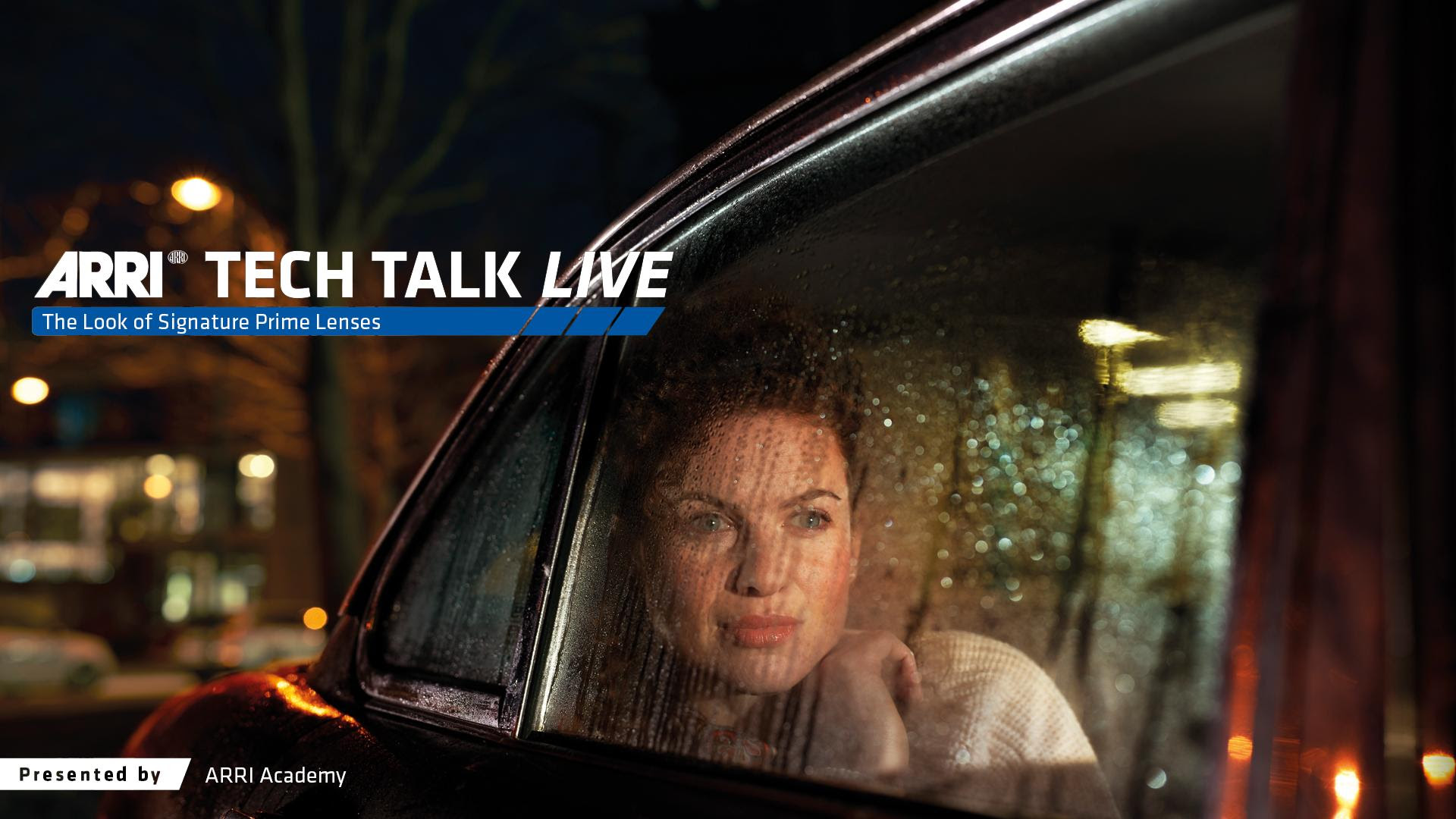
One week, Thorsten Meyworld, the company's product manager for optical systems, talked about the development of their Signature Prime lenses -- even starting the talk in a mask, and then perhaps realizing he was, in fact, on the other side of a screen, taking it off as he talked about the company's intention to both "mimic vintage lenses" (except now easily adaptable for full frame use), and "giving you a lens that is future-proof."
The following week, product manager Marc Shipman-Mueller, talked about ALEXA's development history, and the current ubiquity of the camera, noting that the Mini is "currently our best seller" with the Mini LF leading that charge. As for how the camera got its name, well, ALEXA was the code name while it was in development. And when it came time for release, they'd all grown accustomed to its place, to paraphrase the song. And the name stuck.
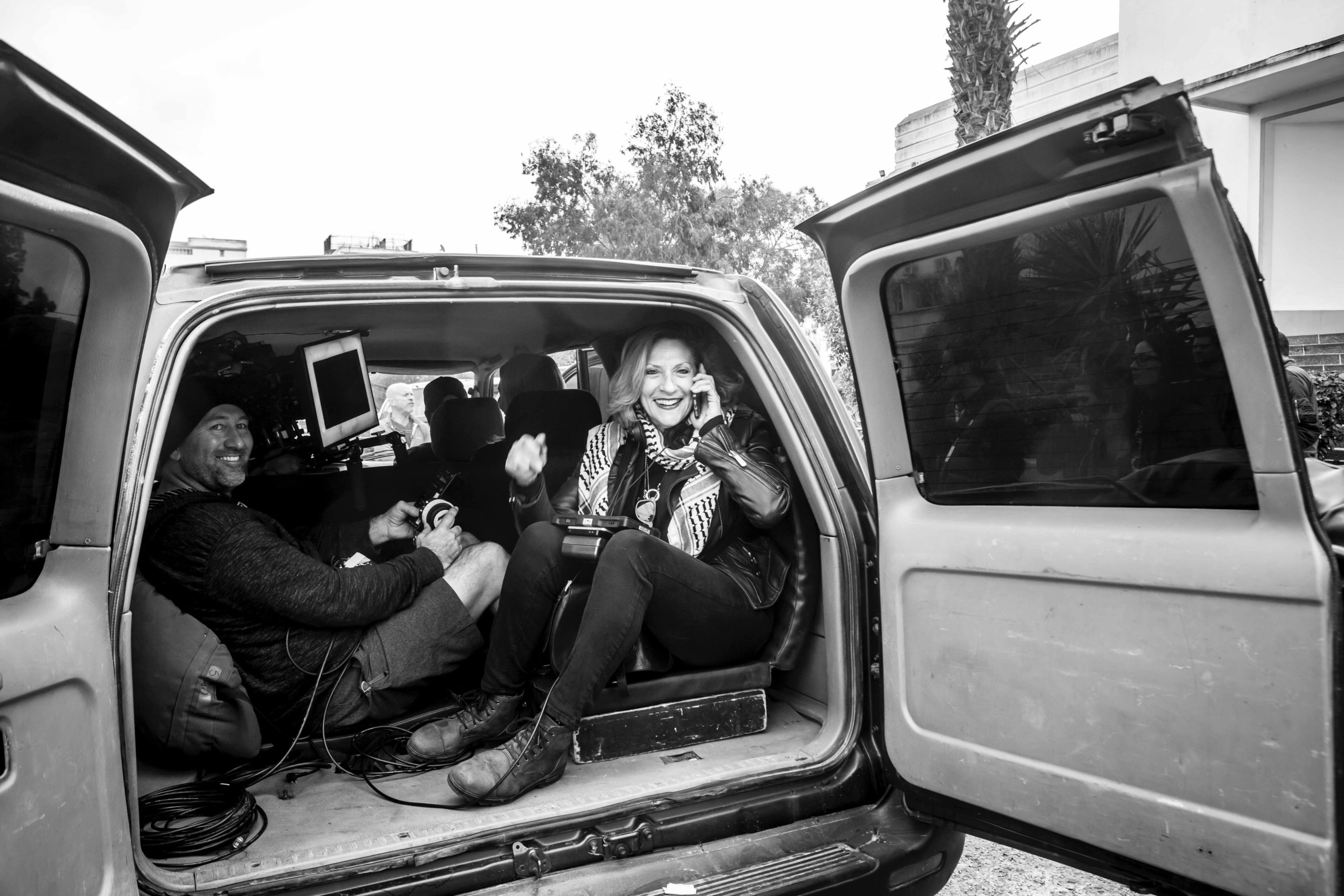
Meanwhile, as we await a release back into the familiar rhythms of production, Lesli Linka Glatter also talked about being part of the DGA's COVID-19 Task Force. "We don't have a national policy," she observed, perhaps understating the case. And while she mentioned the DGA was working with epidemiologists, she wasn't at liberty to talk, then, about what the specifics of a "safe set" might be.
Since then, a consortium of guilds and studios have submitted a white paper to governors Newsom and Cuomo (i.e. California and New York), about proposals for a "safe" (ish?) return to production, which includes avoiding locations (and live studio audiences), making writers' rooms virtual for the foreseeable future, minimizing face-to-face contacts on sets (however that is done -- is this the end of love scenes, for example?), and establishing "autonomous COVID-19 Compliance Officer(s)."
No responses from the governors, as of press time. You can read the proposal by clicking here and we will update as needed, as a return to production takes its first tentative steps. As for Glatter, she felt "like a realistic optimist" about the possibilities. Of course, she also noted that her current metier, the political thriller, is one rife with "a level of anxiety in absolutely everything."
Which could be said about pretty much all aspects of our present moment. And which Wexler was so relentlessly trying to chronicle -- while breaking through the "cool" of mere observation -- with those previous anxieties that remain not-so-distant after all.
See you back here in the near future -- another four weeks from now.
@Tricksterink / AcrossthePondBC@gmail.com

